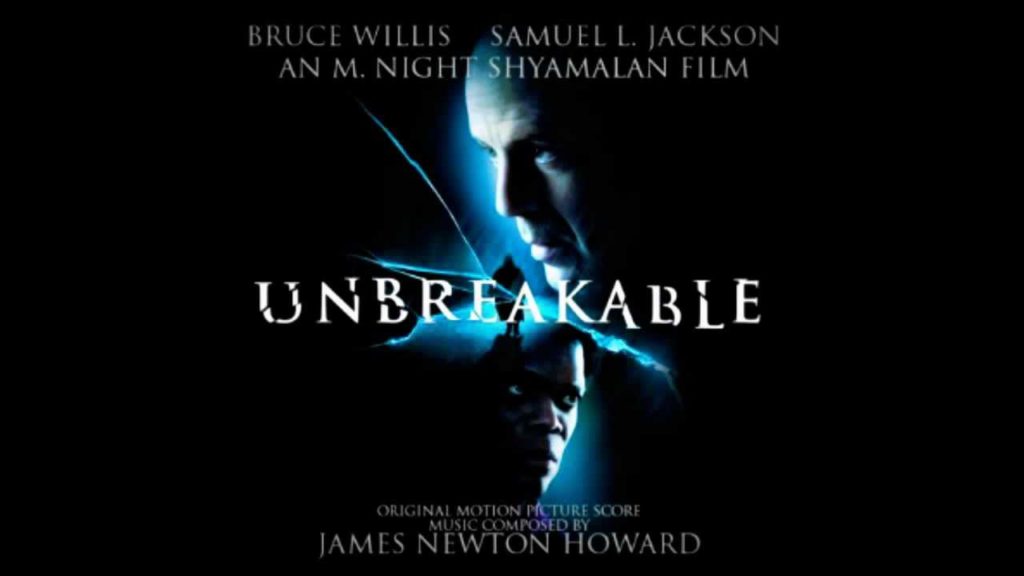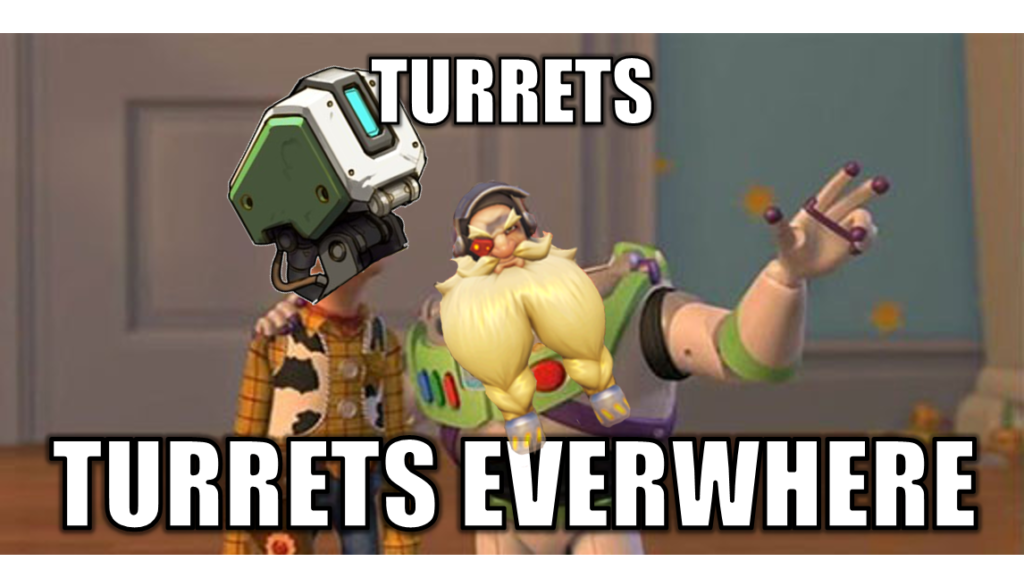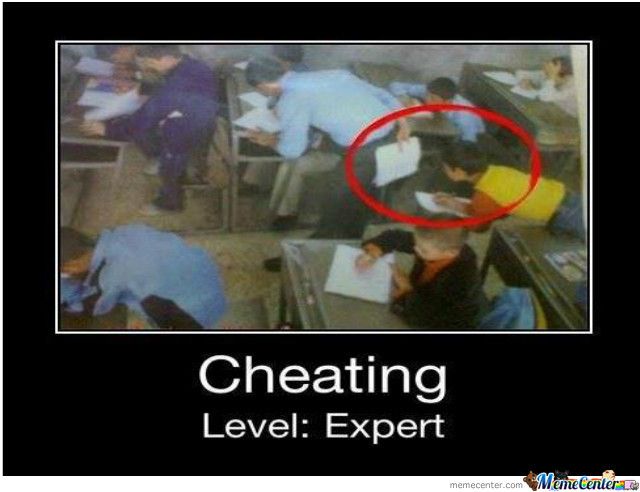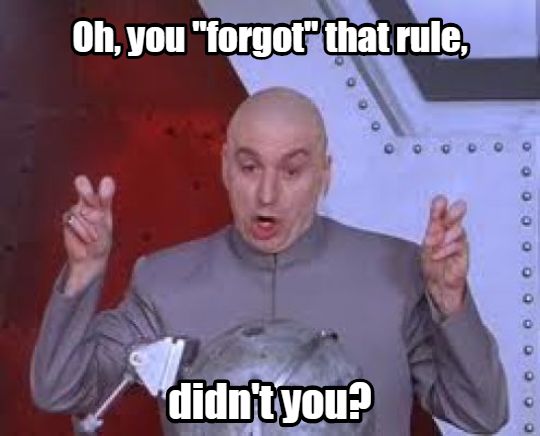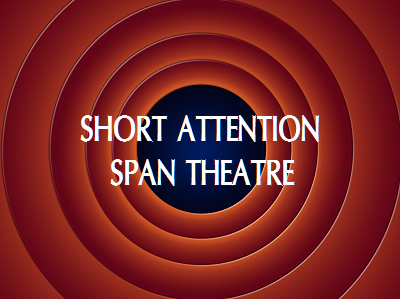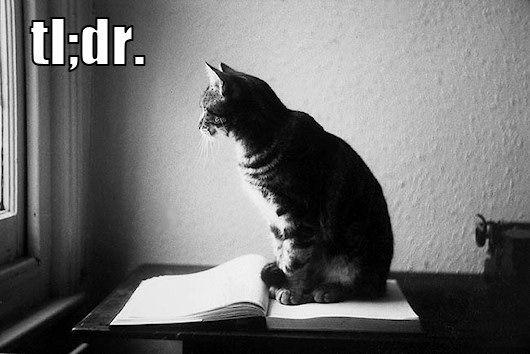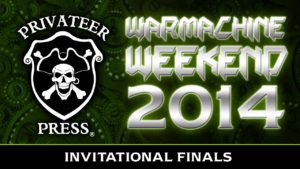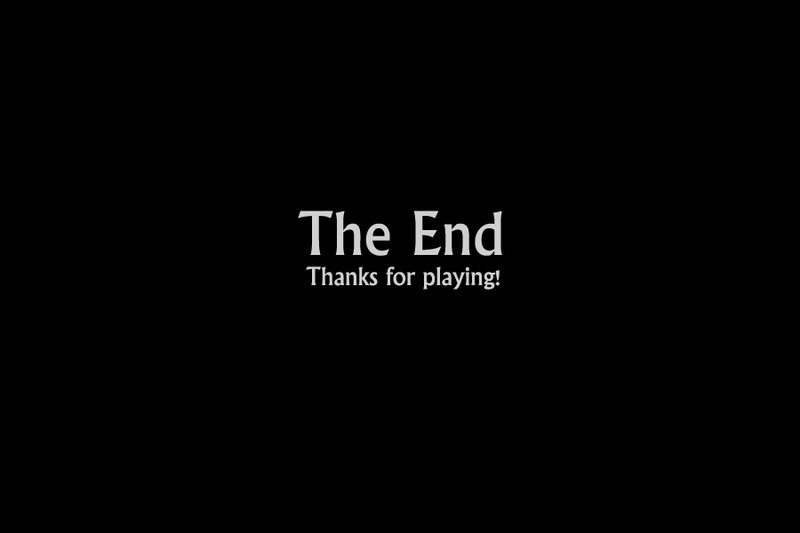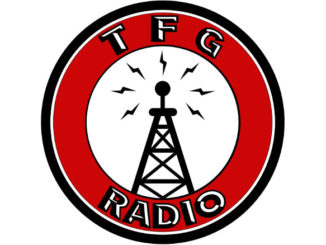
Hey everybody, Salty John here with a bit of a manifesto:
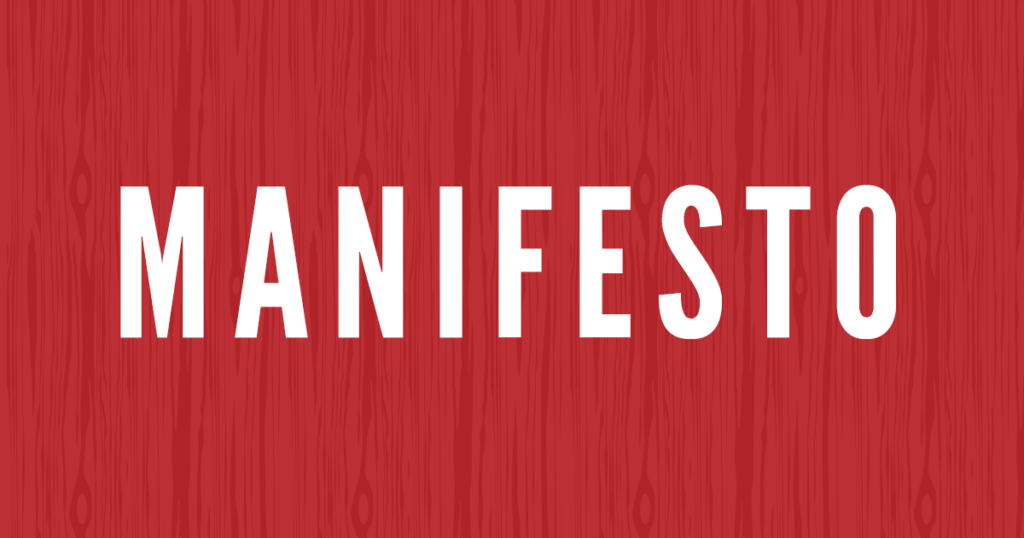
As tabletop gaming has become more and more popular over the years, large tournaments and CONS (conventions) have grown up around the different game systems. Some like the LVO and ITC even carry fairly significant cash prizes. The growth of competitive tabletop gaming for games like Warhammer 40,000 and Warmachine has created a new conversation among communities members about a Pro-League like e-sports. While it sounds great to members of the community, it isn’t a feasible option for tabletop gaming, at least not in the current state of the games.
There are a multitude of reasons why e-sports has come into its own and acts as a platform for massive player inclusion and PR for the games, namely quick gameplay, ease of spectator-entry, and company investment. E-sports has also created a lot of interest from game makers in the idea, so much so that Blizzard Entertainment released Overwatch with the purpose of it being a platform for professional, competitive play. Games such as Overwatch, DOTA (Dawn of the Ancients), Counterstrike, Starcraft 2, and League of Legends have created a massive e-sports following for themselves, their developers, and for the gaming community as a whole through the use of Pro-Leagues and Pro-Tournaments. This is why many tabletop gamers want to see the same happen for 40k, Warmachine and others. Unfortunately, this likely can’t happen.
The reasons videogames work competitively better than tabletop games are many and varied. Many of these are shared by Magic the Gathering, a game which works very well competitively and has a pro circuit.
- The rules are all set, and not open to interpretation. Any bending of the rules by players or game mechanics is there by design.
The success of pro-circuit e-sports is based in large part on the solid foundation the games themselves provide. 40k and other tabletop games are inherently unstable platforms. While a game like Starcraft 2 or Overwatch may receive updates or patches that shift the meta of the games slightly, the shift is often much less than those of an edition change in 40k and take place instantly across all events, all levels, all formats, and they are impossible to not follow. You can’t simply play the non-nerfed version of Bastion in Overwatch. You can, quite easily, play the un-nerfed version of something in 40k because rules changes can be easy to forget and overlooked. They can also easily be “forgotten” by players. While there are certain maps in SC2 that favor Terran or are terrible for Zerg players, the opponents can often choose maps for their matches or have a veto system. The same is true for Overwatch. The same doesn’t happen in the tabletop world as terrain placement is variable even within a single event, and while some like Travis take great pains to create interesting and balanced tables, this doesn’t hold true for everyone, and it realistically cannot. In e-sports, often times map imbalances were put in place by the game designers on purpose. That is again, generally not true of 40k, Warmahordes etc, and there has been no purposeful, thoughtful, and focused drive to create standardized terrain “maps” for tournament play that help establish and at times complicate the meta to increase the competitive nature of the game.
- The e-sports games all have a consistent format and rules base. In many cases, this is built into the coding of the games themselves.
The format of Pro-circuit e-sports competitions tends to be consistent. They are also generally built into the coding of the games and therefore nearly impossible for a player to cheat or fudge in any way. While some e-sports events may vary in terms of how they organize their ladder play or award points, the formats of the events rarely lend themselves to players taking advantage of the system. In 40k, going to one of the three preeminent tournaments can mean you’re playing almost completely different games. The Las Vegas Open, NOVA, and Adepticon vary widely in both format, table set up, and even rules that are used or changed from the core rulebook. The lack of standardization of rules and format is a major stumbling block to “pro” level competition. Various formats and changes to the games themselves by the hosts of events is a major issue. Allowing for certain regions to “home grow” their own version of the game provides a distinct disadvantage to players travelling from outside this meta. This very situation has almost singlehandedly created the East Coast/West Coast divide in the competitive 40k community. This is something absent in Korean/European/America leagues for games like Stacraft 2.
- Cheating and poor behavior is either not possible at the pro-level and/or it is highly monitored and very strictly punished.
One of the biggest problems with tabletop gaming attempting to become a “pro” style sport are the mechanics of the games themselves. Unlike an e-sport like League of Legends, SC2, or even Magic the Gathering, there is too much ability for players of tabletop games to play an imperfect game and advance in, or even win, a tournament despite making mistakes that would otherwise be deemed cheating. Imperfect doesn’t mean the player(s) make mistakes in terms of strategy, imperfect meaning the game itself is played incorrectly. The very nature of a game that is reliant on random mechanics, that are controlled by the players, and that includes mechanics that are imperfect by application such as measurement means the game is open to breaking down into rules debates and squabbles over player error or “error”. This includes concepts like accusations of cheating, perceived taking advantage of distance, movement, where dice are rolled etc. If you need any more evidence that tabletop gaming is inherently imperfect, head over to my article on dealing with TFG style players. The very existence of a group of players who fit that bill is problematic for any pro style league. Granted you can find poor sports and cheats in games like Overwatch, but outright cheating is easy to catch and is swiftly, harshly dealt with by Blizzard; that’s not true in tabletop gaming. Not to mention a good number of players who would be considered for the “pro” circuit of 40k and Warmachine have had games at major events that were fairly controversial without actual cheating occurring and some had games where cheating almost certainly occurred in one form or another.
- There is no way for players to play the game incorrectly, meaning there is no way for a player to forget a rule, or a mechanic, or a forced move/play.
If you need evidence for 40k being nigh unplayable as a “pro” event, look no further than Mysterious Objectives. It is part of the game, supposed to be used in most events, and yet players forget or “forget” to use them often. If two players are playing similar shooting based 40k armies with only the relic as the objective and 2 secondary objectives they may forget to roll for mysterious objectives, or just not care to. Next round one of those players moves to face a flyer heavy Necron army in a mission with 6 objectives. This game he “remembers” or decides that those Skyfire Nexus would be game changing, so Mysterious Objectives are used in that game. That is a major problem. Players can, and often forget or “forget” to use entire mechanics of the game. Even when it is unintentional forgetting, a “must do” action in game can be extremely beneficial to one side or the other. E-sports don’t have this issue of incorrect games. There simply isn’t a way for a game of Starcraft2, Overwatch, or League of Legends to be played with a forgotten rule, forgotten sequence, mis-remembered rule, or the like. The game, its mechanics, and its rules are controlled by the computer and the players can only interact through the computer(s) which very, very rarely make mistakes with the game state. Even in Magic the Gathering, the game has very few points at which it can be broken due to one player or the other willfully “forgetting” a necessary part of the game. If a problem were to occur in either an e-sport or MTG the game/match can and is reset and started again. Another option that simply can’t happen with Tabletop games on a pro level due to length of play.
- Games are generally short, no more than 30 minutes, and best of rounds are fast paced, keeping people’s attention in a live format.
Composition of sides generally is varied from game to game and map to map which also creates a more stimulating experience. The average Pro game of SC2 is played as a best of 5 and each round lasts 11-13 minutes. So a total of an hour to an hour and a half average for that round of play between those two players in that bracket. The average game of 40k takes anywhere from 2 hours to 3 and a half, for a tournament round. The average Pro game of Overwatch is 6-7 minutes per round. 2-3 rounds per match, and a best of 5 as the usual set up. That means assuming the highest average times and rounds you’re looking at 63 minutes per bracket match between teams. Again that’s close to a third less the time of a single game of 40k. A structured live format that works competitively, as mentioned before, is Magic the Gathering. With rounds lasting between 1 second concession matches and 20 minutes, the games are again much faster than a game of 40k or Warmachine. Warmachine is admittedly a faster game but still finishing a single game in over an hour on average (with some games going longer). Time is an issue for tabletop gaming going pro as it limits the audience to only those with large amounts of time to watch and great attention spans as the map (table set up) doesn’t change.
Besides not allowing for a reset of the game due to a glitch, unintentional rules break, or the like, the vast amount of time needed for a single game in tabletop means the audience will be small for the games. One of the primary benefits of the Pro Leagues for e-sports is the exposure it gets the game and sponsors online through communities like Twitch, YouTube, and even the new Battle.net streaming. Even if you don’t know a lot about a game being played on Twitch, they are short enough, and the announcers and game fast paced enough, that the attention of the audience can be easily kept. With a 1 and a half to 3 hour tabletop match, the pace of play is slow, with several bumps in the road like deployment that create lulls in the viewing experience. No matter how interesting the announcers are, tabletop games can still drag at points. Even a marquee event like the Las Vegas Open streamed live on Twitch has a massively variable number of viewers. The sponsors of e-sport events want a consistent, and consistently high, viewer rate.
Another drawback to the long games, and a deterrent to stable viewership, is periods of rules debate or calling for judges to intervene. This often creates a situation in which the audience actively takes a side and then proceeds to tear one or both players apart for perceived unethical, or even cheating, behavior. Sponsors of e-sports have a lot on the line when they provide monetary support to these events and games. With so much on the line, the sponsors want their players, and even viewers, to behave in certain ways and promote the game, and subsequently their product. This is a bigger problem for Tabletop gaming going pro than it seems on the surface.
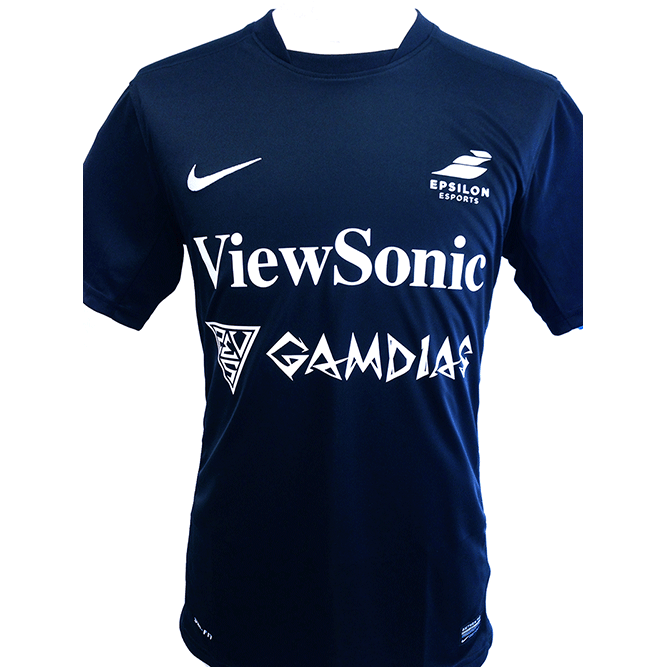
- The prize support providers, and game developers, have a lot at stake and go to great lengths to ensure that the e-sports games function correctly, players behave in an appropriate fashion, and both the live and online audiences are also well behaved.
The reality is that tabletop gaming has trouble with these three areas. We cannot agree how to make the game function uniformly, we cannot agree how to monitor player behavior and how to enforce repercussions, and we have no established means to ensure that audience conversations are well-regulated and fair. Part of this is that the gaming companies themselves need to be far more involved, and while Privateer Press has tried this on many occasions, they do not have the visibility to really make a huge impact. GW is slowly getting back into our lives, but a pro-league would require their direct contribution, and in a massive way. Lastly, there isn’t a clear way to monetize this league as e-sports exist to make various companies money. The ad-revenue for live streaming/Twitch wouldn’t be there, and since these games do not require additional systems to really play, you can’t have Nvidia jump in and drop off sponsorship money. I doubt a dice or measuring tape company would be willing to invest into the league.
When you combine all of the factors above, you get a near-impossible sell as a pro event. The players simply can’t play a perfect game, even if it is highly regulated. Those irregularities will always be caught by the audience (just look at any live streamed Tabletop event). This creates a major problem for the sponsors as they want winners who are not only good players but are viewed as being legitimate winners who behaved in an ethical and above board fashion. As it is now, this sort of ultra-ethical behavior does not exist in the competitive tabletop gaming world.
In the end…
Ultimately the entire argument for or against tabletop gaming being able to go pro hinges around the simple fact that top tables, top events, top players, and the community as a whole cheat, fudge, forget, (call it what you want) but behave in the thick of competition in a less than above board manner at all times. That’s highly problematic. In a game with as many fudgeable and “forgetting” prone moments as 40k, Warmachine, X-Wing, even Age of Sigmar, you’ll struggle to find players that the wider community will view as being 100% above board. Think back on the last 5 years of competitive 40k or Warmachine. Think back just on these last 2 years of 40k and how many events were won by players who had major questions raised about their in-game play, or their outright incorrect and illegal army lists. That is not a foundation upon which you can build a viable pro level competitive environment, sport, or league.
If you’ve ever played tabletop games, whether competitively or not, you can probably see where this conversation is headed. The factors that make e-sports successful are almost completely lacking in competitive tabletop gaming. Warhammer 40k is easily the most popular tabletop game, and has the largest competitive following, so it makes an easy benchmark for this conversation. Can you make 40K into a pro-league?
Brandon Caiting is a player who made his mark as an excellent Warmachine player in the heydays of Mark 2 (A Warmachine Weekend winner, the highest prize of competitive WM), is a solid Warhammer Fantasy and 40k player, is a Magic the Gathering judge at tournaments, is a Netrunner and X-wing tournaments goer, and is now an employee for League of Legends. He’s well versed in competitive gaming of all stripes and his opinion on the topic of tabletop gaming “going pro” should be heard:
“It’s very possible to establish a series of social interactions that allow us to cleanly play the game to a standard a majority of players and judges would find acceptable”. Brandon’s opinion bears a certain weight, so assuming he’s correct and the game CAN go “pro”, what would it take to “go pro” for competitive gaming? How do you do this?
According to our own Danny (one of the judges at LVO): “At the very least if you want ‘pro tabletop gaming’ leagues you need: a judge at each table, no phone use during matches, timed turns, standardized terrain layouts, standardized missions, standardized army composition rules, standardized FAQ, unified governing body, and strict, consistently applied penalties for infractions.”
However, for a truly competitive pro league that is accepted as being legitimate and above board by the community the game itself needs to evolve as well. Currently the climate suggests that organizers/sponsors of tabletop gaming events aren’t willing to take the hard line on infractions that companies like Blizzard routinely do for their games. Much of that comes from the fact the game(s) can’t be played cleanly, or perfectly, from a rules and interactions standpoint. There is too much gray area for the Banhammer to come down without a valid argument as to why that was excessive or unnecessary. Until the games themselves are cleaned up to allow for the type of social interactions Brandon talked about, the organizers of any Pro League for table top sports will be wary to make the leap into running Pro-Leagues.
2800 words later: Yes, tabletop games can theoretically go Pro, but the reality is that this is highly unlikely without major overhauls on all sides of the game.
Of course, TFG Radio is all about Pro-Podcasting, so feel free to visit our Patreon and help us achieve that goal.

